Zionists angry after Australian govt. refuses to blacklist Iran’s IRGC
A recent report has exposed that the Australian Senate committee is facing a serious legal setback in its attempt to blacklist Iran’s Islamic Revolution Guards Corps (IRGC), as the force cannot be designated as a foreign terrorist organization under the country’s criminal code.
According to the Australian Jewish News website, the Attorney General’s Department (AGD), which responded to the recommendation by the Foreign Affairs, Defense and Trade Committee, told the panel that current legislation does not provide for a pathway to proscribing the IRGC.
“As an organ of a nation-state, the Islamic Revolution Guard Corps is not the kind of entity that is covered by the terrorist organization provisions in the Criminal Code,” the AGD said on Tuesday.
The Zionist Federation of Australia (ZFA) urged the Australian government to amend the criminal code to allow for the blacklisting of the IRGC.
“We ... urge the Australian government to amend legislation to allow the IRGC to be proscribed here, as it is in other countries,” ZFA public affairs director Bren Carlill said.
However, other countries have also backed down on their initial proclamations to ban the official Iranian force.
The UK government has already stopped plans to blacklist Islamic Revolution Guards Corps as reports say Foreign Office fears that the move would block communications channels with Iran.
The UK Foreign Office's about-face on proscribing the IRGC as a so-called "terrorist" entity comes despite its approval by the Home Office, The Times reported on February 2.
Citing sources in the government, the report said there are also concerns about how to blacklist the IRGC because, unlike other proscribed bodies, the Iranian force is an official government agency.
"Foreign Office officials have real concerns about proscription because they want to maintain access. The Home Office, and the government more broadly, supports the move. The IRGC should have been proscribed by now but the whole process is on ice," a Whitehall source said.
European Union foreign policy chief Josep Borrell said on January 23 that the block could not list the IRGC as a "terrorist" entity without an EU court decision.
Speaking before a meeting of EU foreign ministers in Brussels, Borrell said a court ruling with a "concrete legal condemnation" had to first be handed down before the bloc itself could apply any such designation.
"It is something that cannot be decided without a court, a court decision first. You cannot say I consider you a terrorist because I don't like you," Borrell told reporters, stressing that the court of an EU member state had to issue a concrete legal condemnation before the bloc could act.
A week earlier, the European Parliament adopted an amendment, calling on the EU and its member states to include the IRGC on their terror list. It also passed another resolution later, calling for more sanctions against Iranian individuals and entities and putting the IRGC on the EU terrorist list over alleged human rights violations during the recent riots.
The European Union, however, imposed sanctions against a number of Iranian individuals and entities for what it claimed to be a crackdown on the recent foreign-backed riots, which were triggered after the death of a young Iranian woman of Kurdish descent in Tehran in September.
US fighter aircraft shot down ‘in friendly fire’ amid aggression on Yemen
Yemeni FM: Israel’s sponsors accountable for ongoing aggression on Sana’a
Eight Palestinians killed as Israel attacks Gaza school, hospitals
VIDEO | Rome, Milan host new protests in solidarity with Palestinians
Dec. 21: ‘Axis of Resistance’ operations against Israeli occupation
Spain jurists demand ties with Israel ties be cut
VIDEO | Press TV's news headlines
VIDEO | Iran honors top Science Olympiad medalists


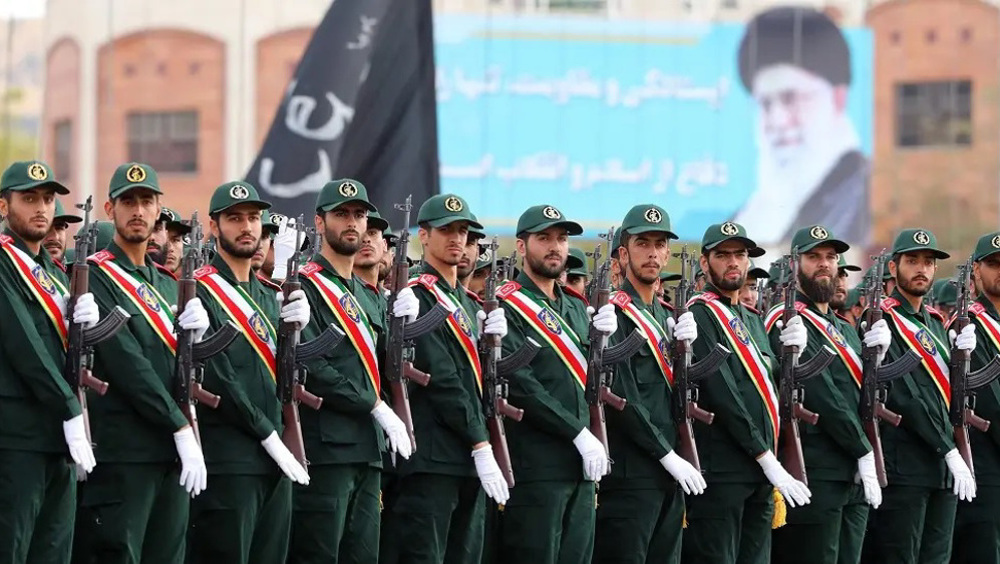
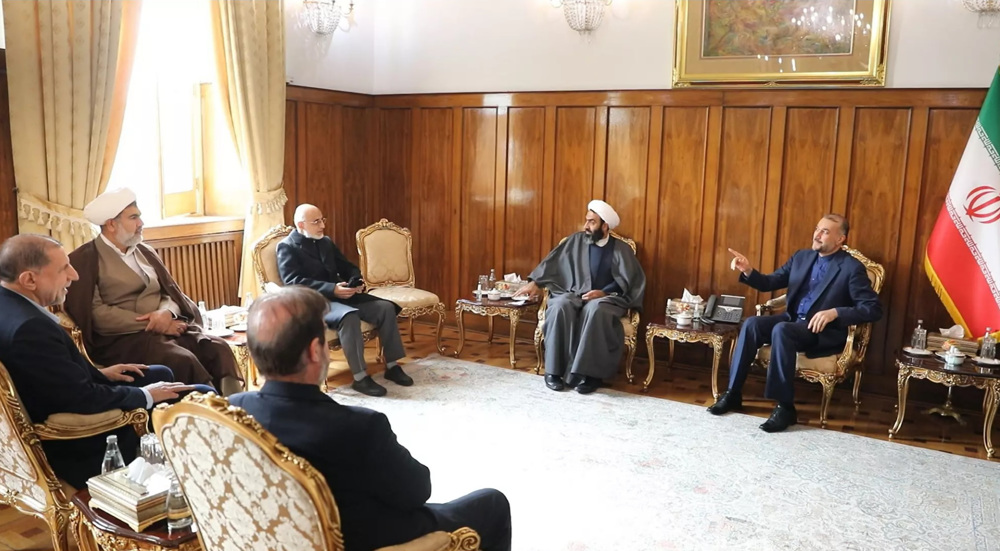
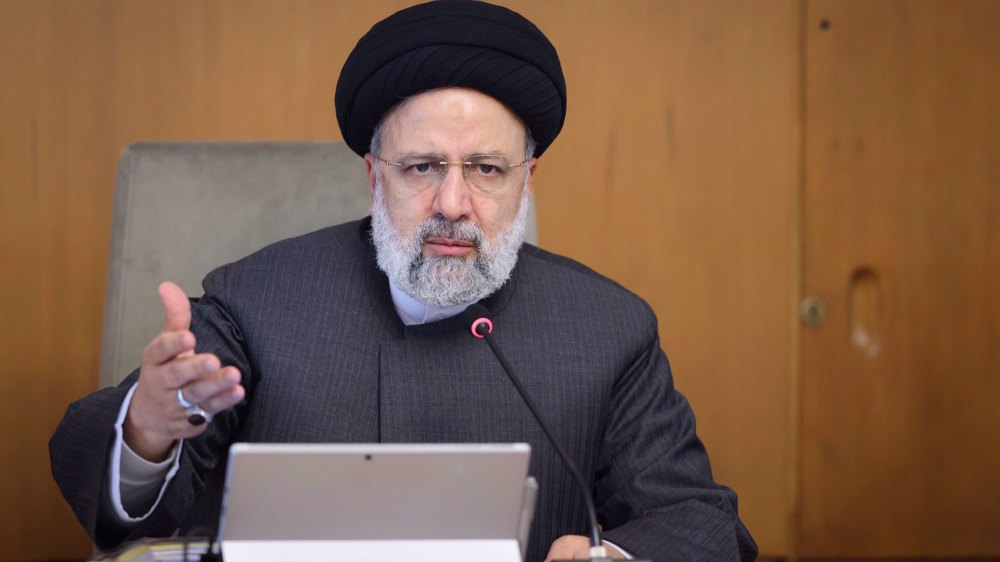


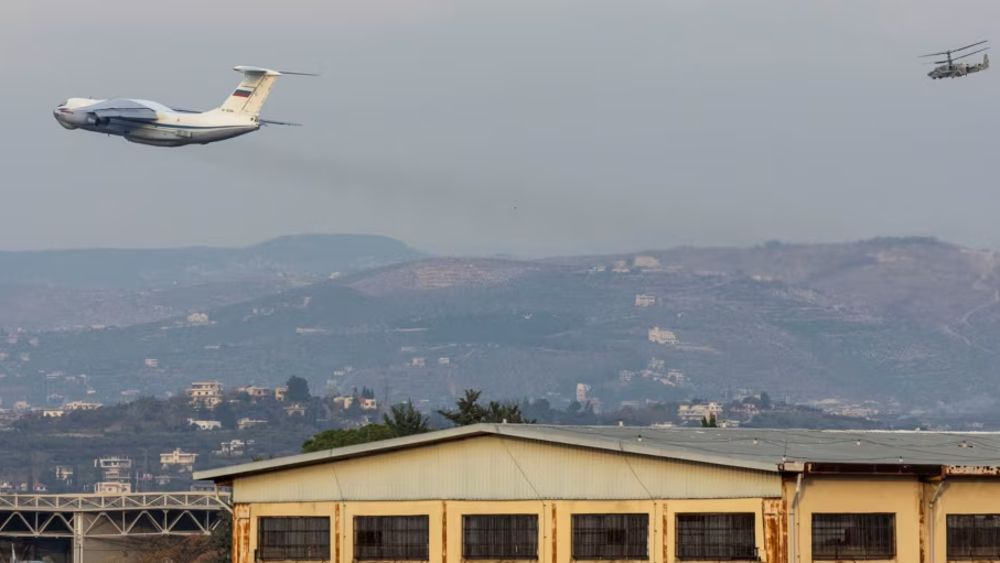



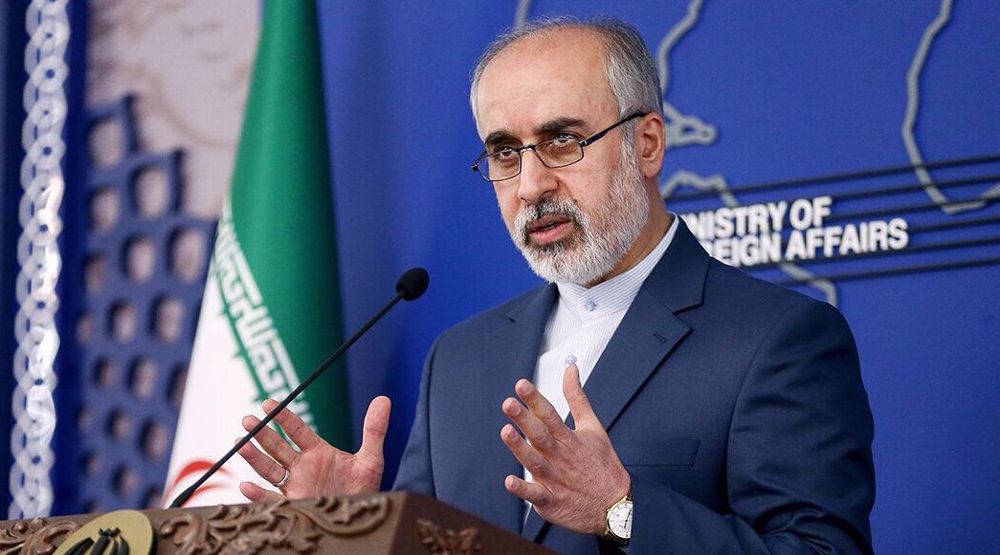
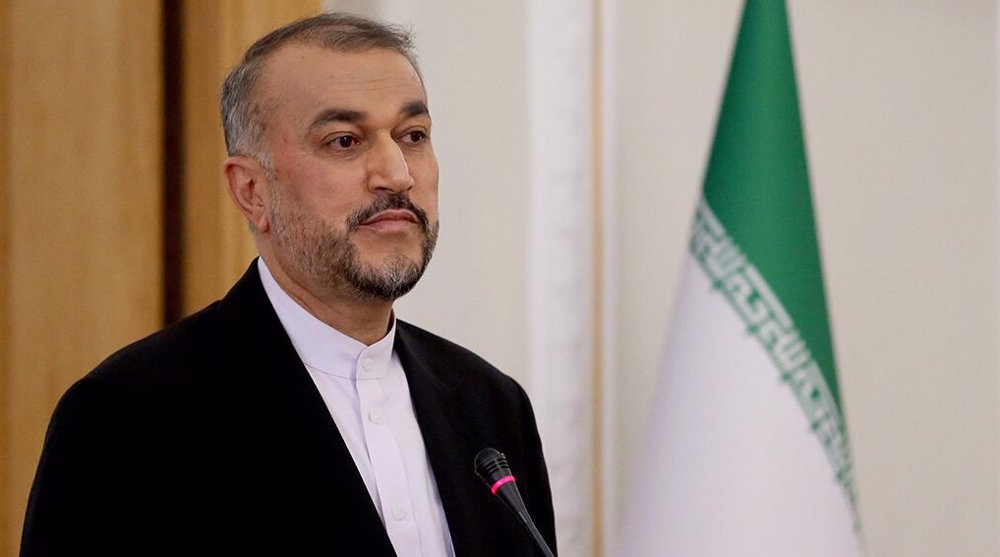
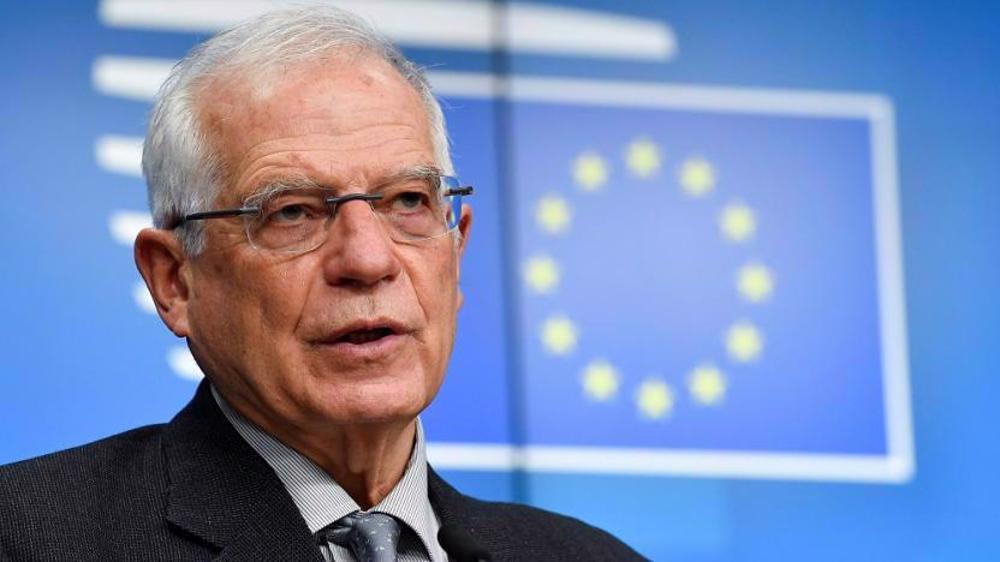
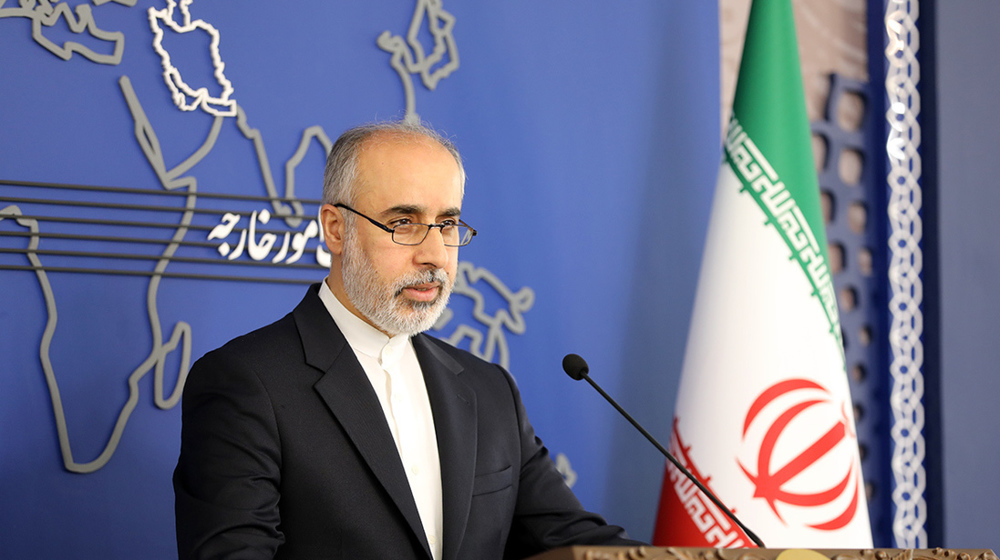
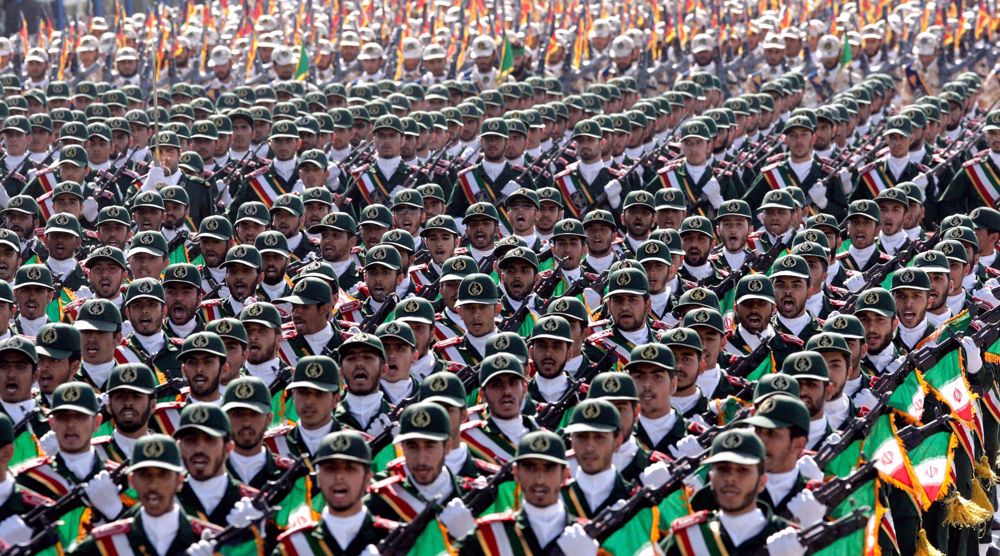
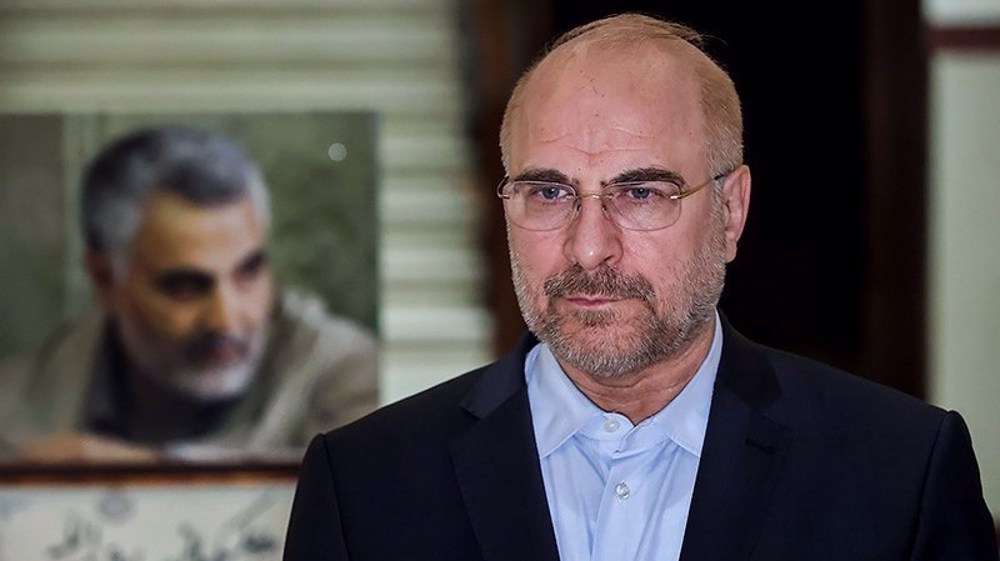
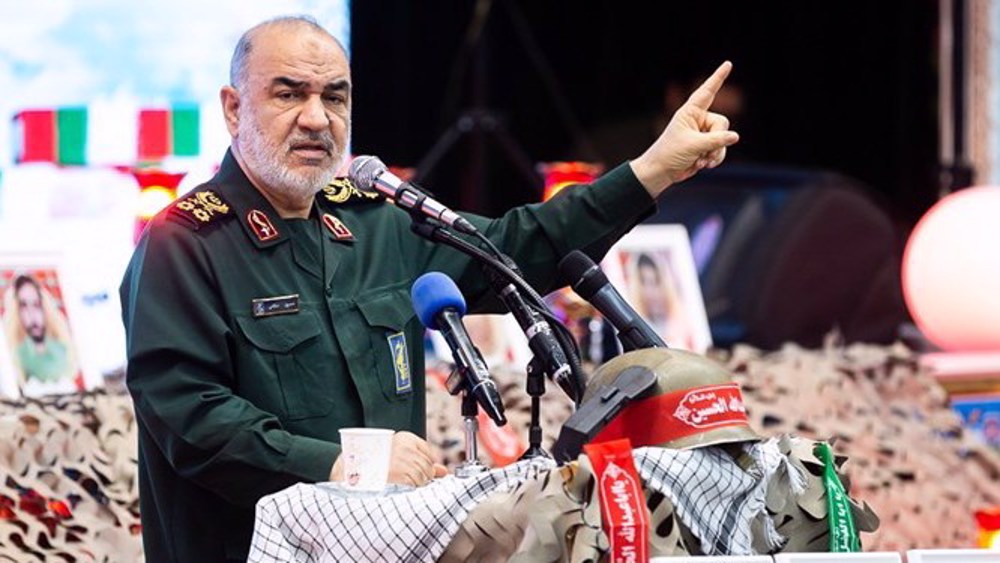
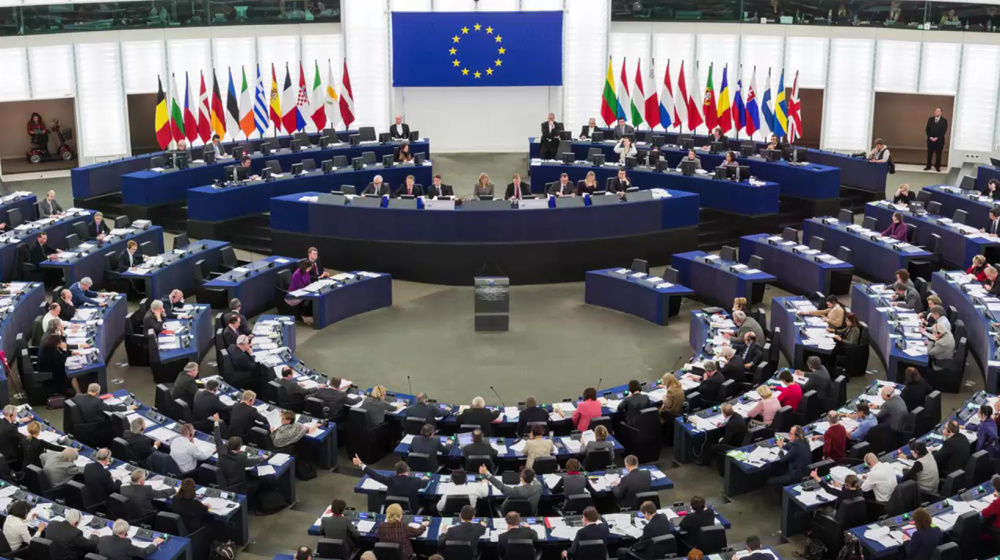

 This makes it easy to access the Press TV website
This makes it easy to access the Press TV website